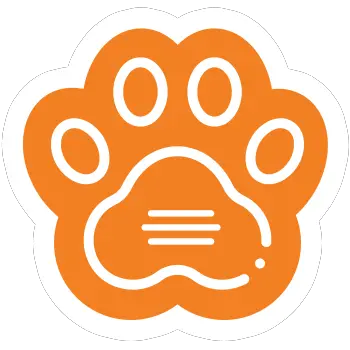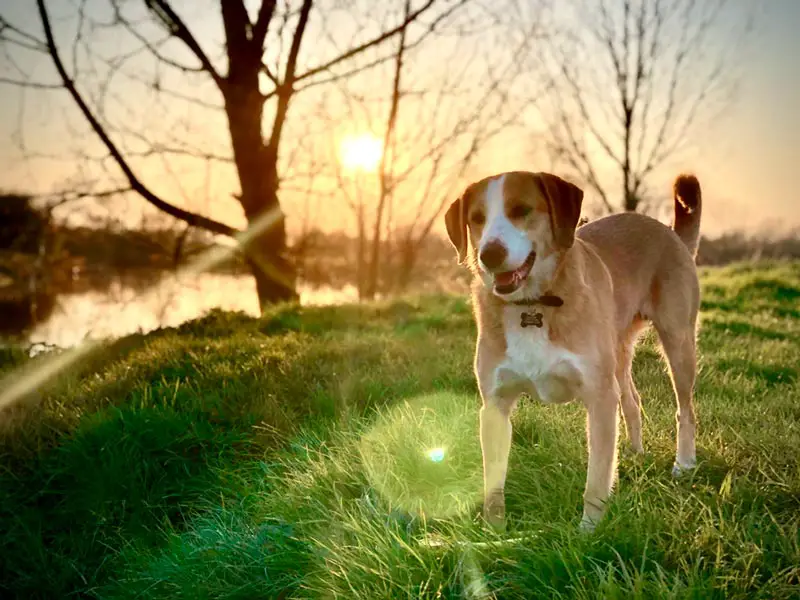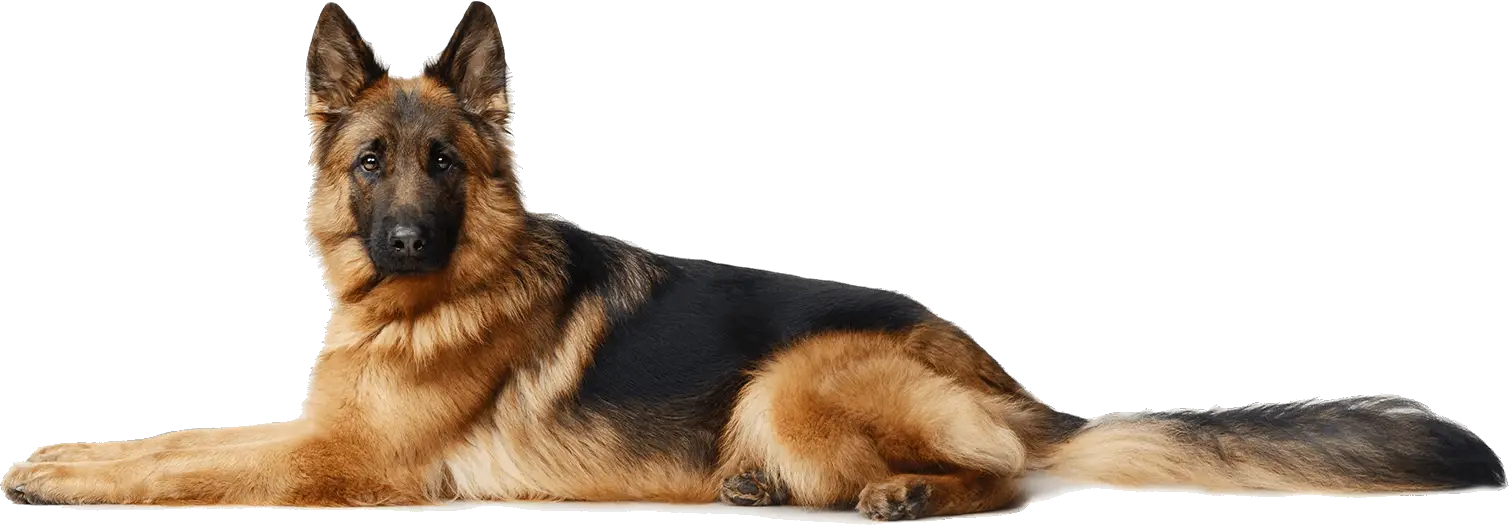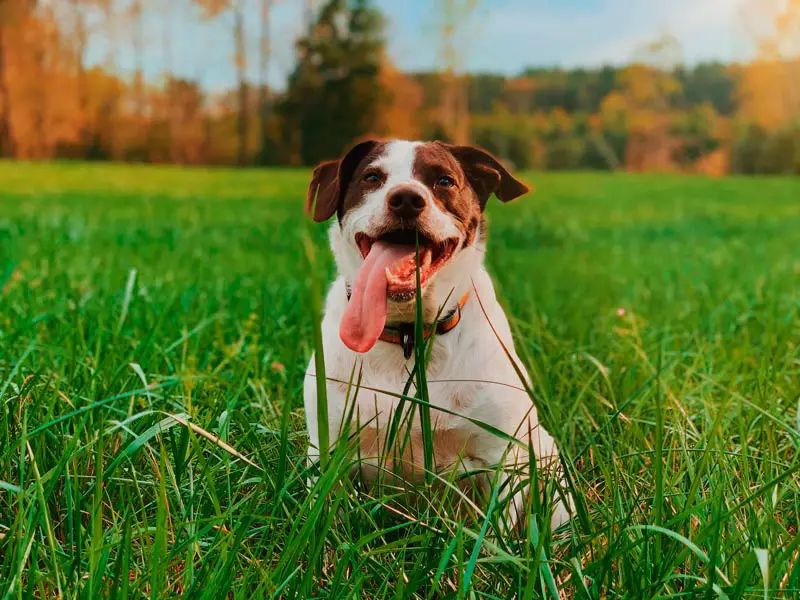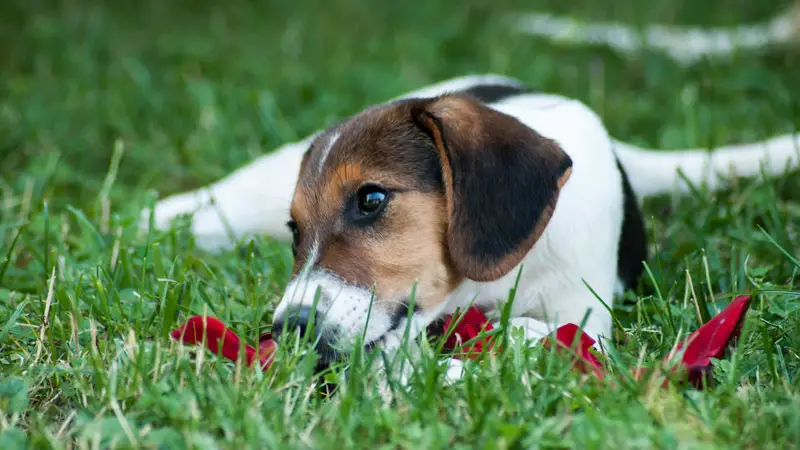Cows eat grass. But why does a dog eat grass frequently? Does that sight worry you? Is it because they are hungry? Do they have an upset stomach? Are they not receiving the right nutrients through their daily diet? Is eating grass going to hurt them?
Numerous questions pop up in the pet owner’s mind. First of all, do not panic. Dogs eating grass and resultant vomit is not uncommon behavior. This habit of eating items that are not food is medically termed as Pica. Eating grass usually does not cause any severe ailments in puppies or adult dogs.
Many veterinarians consider Pica as typical behavior. Many clients in our dog training center have claimed that their dogs chew on grass every few days. At the same time, others have observed dogs eating plant materials like leaves. Grass eating is clearly by dogs is not news in medical science and dog training circles.
In this article, we will describe the factors behind your dog consuming grass and other plant materials. We will also talk about the measures you can take as dog owners to lessen this behavior in the subsequent sections.

